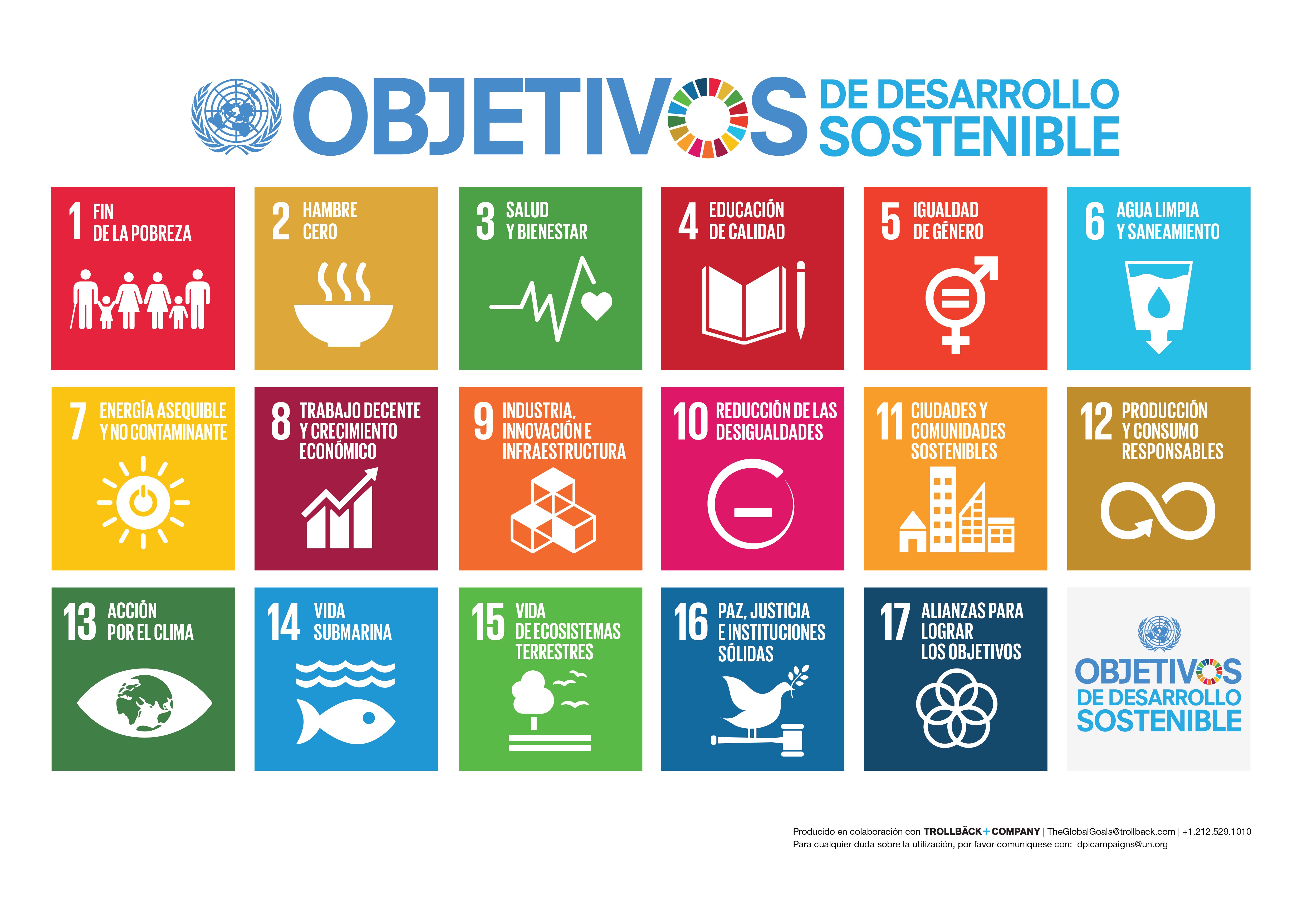

As an expression of the founding ideas of our organization, we list below the priorities and approaches that we propose for our region. We seek to address our activities in line with the sustainable development goals proposed by the United Nations Organization (https://www.un.org/sustainabledevelopment/).

Dignify the person in the face of technological advance. As a guiding principle we recognize the dignity of humanity and, as such, we understand the human person as an end in itself. Technology and scientific progress must be oriented towards the realization of the life project and the free realization of concrete people, without undermining their inalienable rights.
Social inclusion in the process of technification of work. Focusing efforts on promoting, through comprehensive support, the inclusion of disadvantaged sectors in technical training processes in order to include everyone, without spreading inequalities of opportunities in the labor market.
The educator as the center of the training processes. Recognize the importance of the human factor in the teaching-learning processes, understanding the affective and emotional sphere as a necessary and determining support for all intellectual activity, from the accompaniment or mentoring.
Importance of the family, the school and the State for education. Highlight the importance of all the institutions that accompany the training processes. Especially that of the nuclear family, which must ensure the integral health of the child, achieving a solid base for the appropriation of knowledge and skills. Recognize the specificity of each sphere, the scope of its competences, rights, duties and freedom, according to the principle of subsidiarity as a social organizer.
Transversality of the technology in all human activities. Expand the look of digital beyond the most popular roles. To think about all professional and vital vocation from the possibilities and potentialities offered by technology, turning professionals into agents of innovation in any area. Promotion of computational thinking as a new literacy.
Computational thinking and emotional intelligence. Commitment to addressing these two capacities as criteria for human and professional training. Promote computational and digital thinking as an intellectual habit capable of operating as a computer and catalyst for students' ideas and projects in search of innovation. Approach emotional intelligence as a fundamental complement, where self-knowledge, resilience, determination and motivation are essential in a changing context like the one we live in.
Multiple intelligences approach. We approach human intelligence from the perspectives proposed by H. Gardner, enabling students to undertake training courses that consider their natural inclinations and abilities as the cornerstone of a personal development that must seek to integrate all the other possible wealth and experiences over time.
Importance of self-discovery and self-learning. Looking for the child or young person to feel encouraged to recognize their faculties and to undertake a path of formation where they are the true protagonists and creators of their future. Generate a criterion of freedom and responsibility in the face of information. Position self-learning as a necessary habit in a context of permanent change.
Soft skills and agile organizational models. Promote collaborative work, leadership, communication skills, flexibility and adaptation, patience, persuasion, time management and self-motivation among students. Setting as a framework -from the formative stages- the most suitable organizational models for the knowledge economy. Highlight on experimentation and trial-error processes.
Hybrid educational models. Reorganize educational models around new ICT tools, enabling the optimal use of human resources: prioritize collaborative and community experiences face to face (or virtually live), relocating the consumption of content according to agile criteria that allow greater freedom of time and place when studying. Recognize in these models the sustainability and the possibility of iterative improvements through the study of data generated from user experience.
Promotion of women in the technology sector. Generate activities with state and private efforts that promote the incorporation of women in the IT sector, in order to alleviate cultural biases that make it difficult to choose careers related to programming, electronics, etc. Recognize the wealth that women could bring to the sector if their participation in the world of technology is balanced.
Well-being and neurosciences. Harmonize these concepts based on the close relationship they maintain and their influence on cognitive processes. The functioning of the nervous system, synaptic plasticity along with thoughts, feelings and motivations are key studies of neuroscience and how from them we can better adapt to challenging environments with good levels of health and well-being. Through learning, play, art, social relationships and breaks between the set of activities we do daily, we strengthen neural connections and achieve the necessary stimulation to facilitate educational processes.